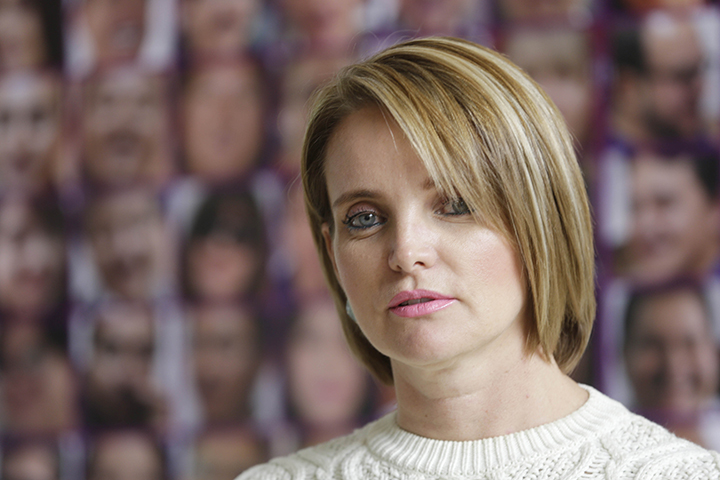New York, October 18, 2017–The Committee to Protect Journalists today called on Ecuadoran authorities to ensure the safety of television journalist Janet Hinostroza.
On October 15, a Twitter user with the handle alerta_911 wrote that he wanted to shoot Hinostroza, and added that “this is how we clean up the dirty and corrupt press.”
The user’s tweet was written in reply to a Twitter conversation between Hinostroza, a reporter for the television station Teleamazonas, and Roberto Wohlgemuth, a former official at the state media regulatory body, CORDICOM, Hinostroza told CPJ.
“Janet Hinostroza has repeatedly been the target of threats and harassment for her courageous work as a journalist,” said CPJ Deputy Executive Director Robert Mahoney. “The administration of President Lenín Moreno should know that it is now in the international spotlight and must take any threats against journalists in the country seriously and act accordingly. The press must be able to work freely and without fear. “
Hinostroza has previously been the target of anonymous threats. Earlier this year, the journalist received a makeshift explosive device in the mail, and in 2012 she took a leave of absence from her morning news program following anonymous phone calls threatening her safety, CPJ documented.
In 2013, CPJ honored Hinostroza with its International Press Freedom Award for her courageous investigative reporting in politics and corruption.
Under former President Rafael Correa, independent journalists faced harassment, defamation lawsuits, and surveillance, leading to increased self-censorship, CPJ documented. Reporters and editors in Quito recently told CPJ they were hopeful Moreno would have a more positive relationship with the press.
